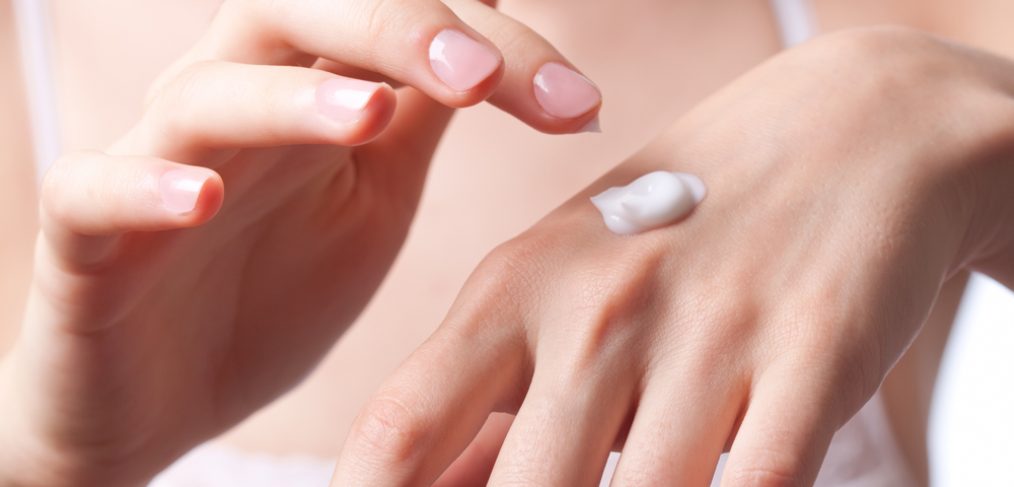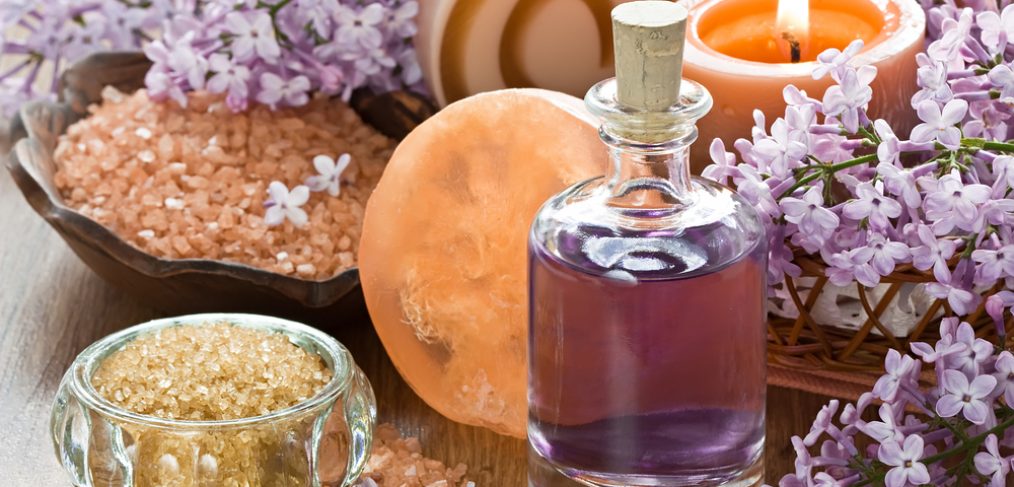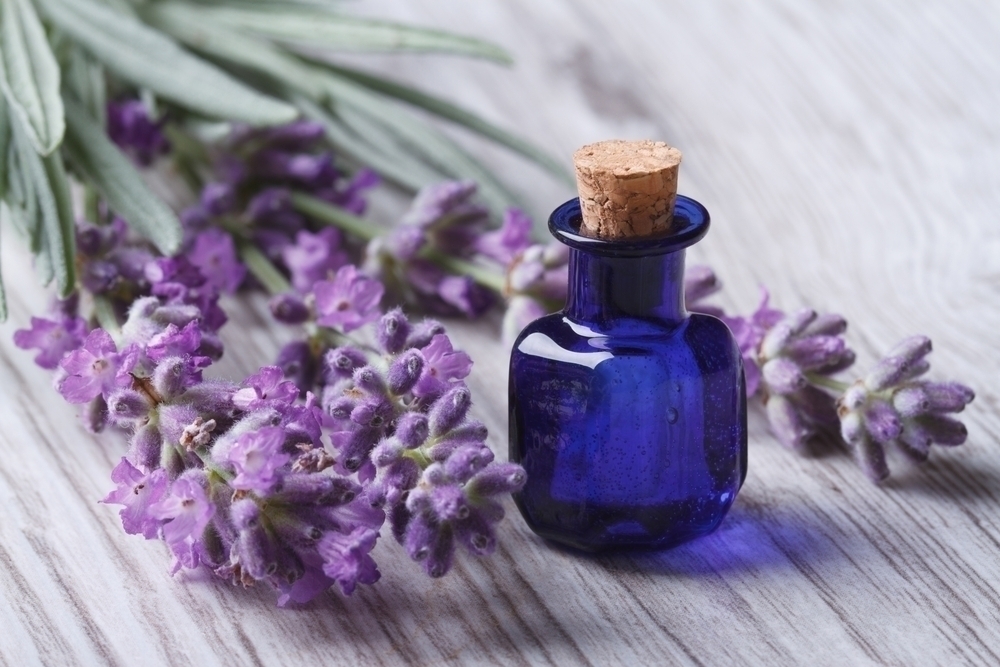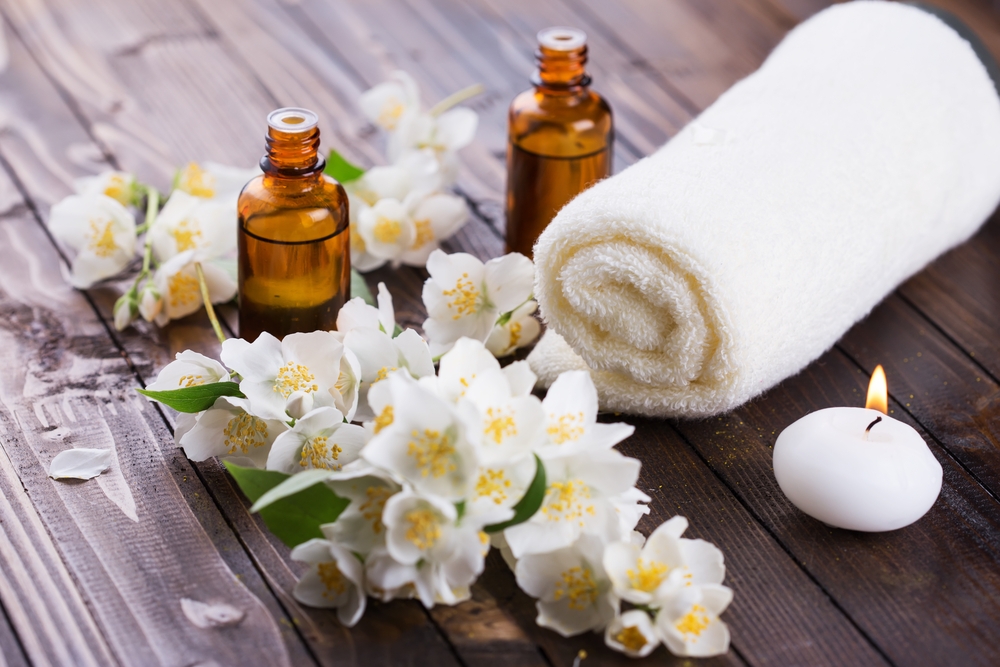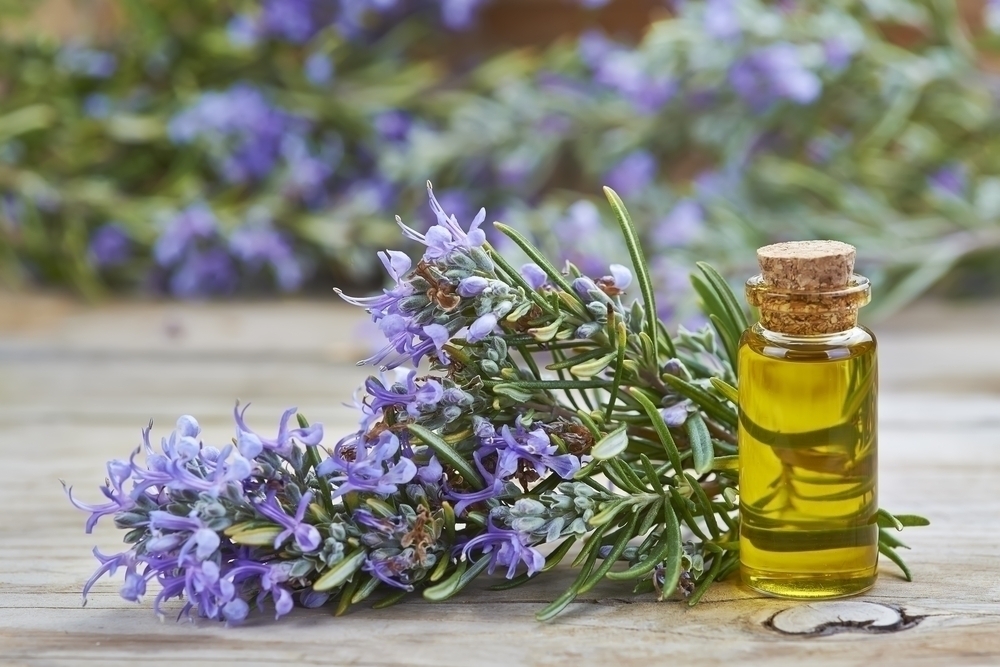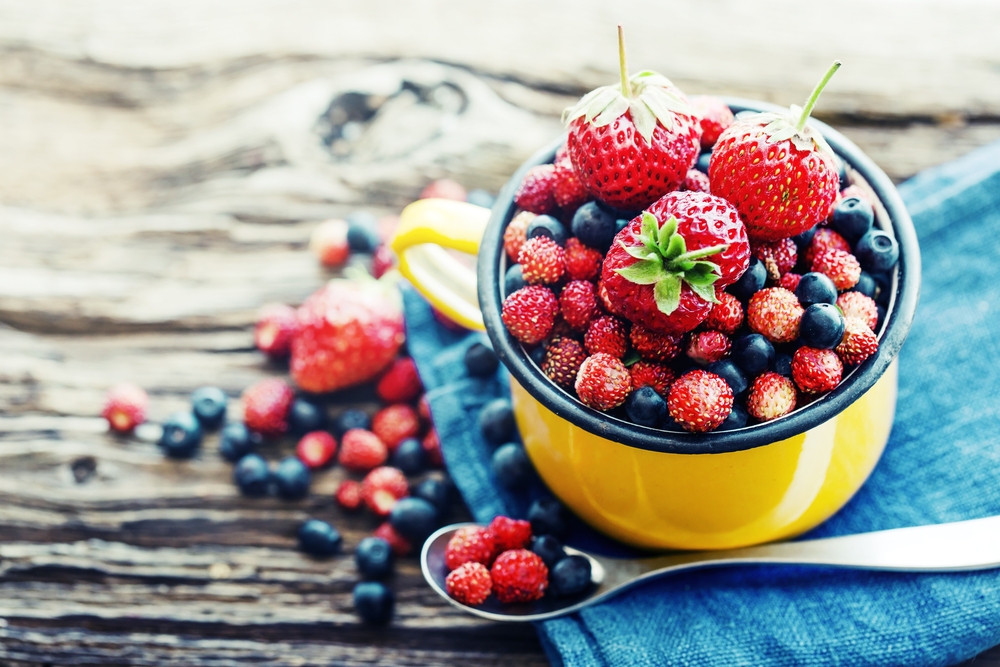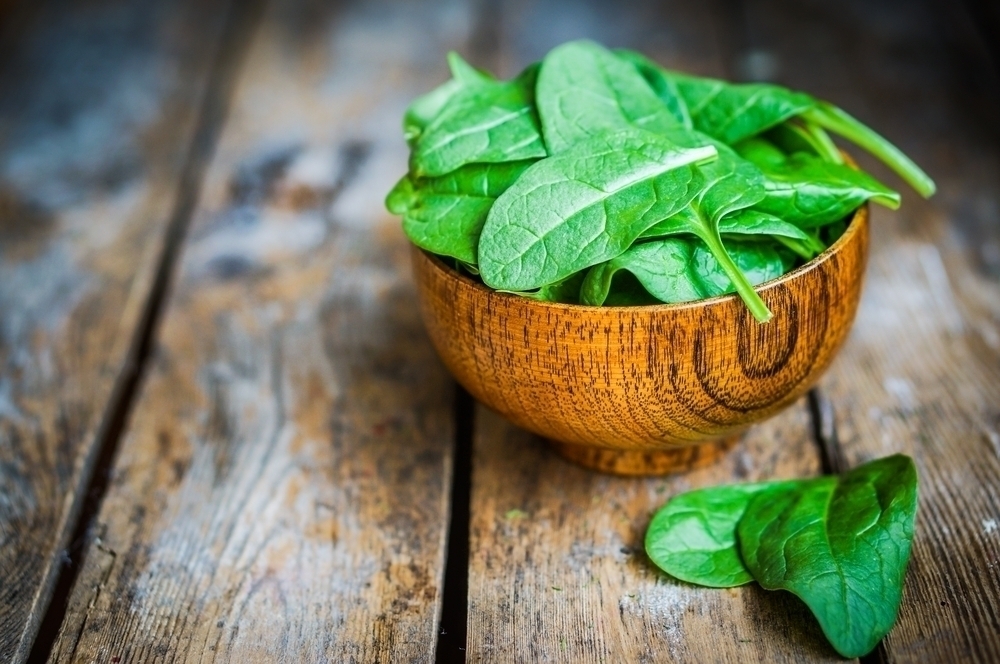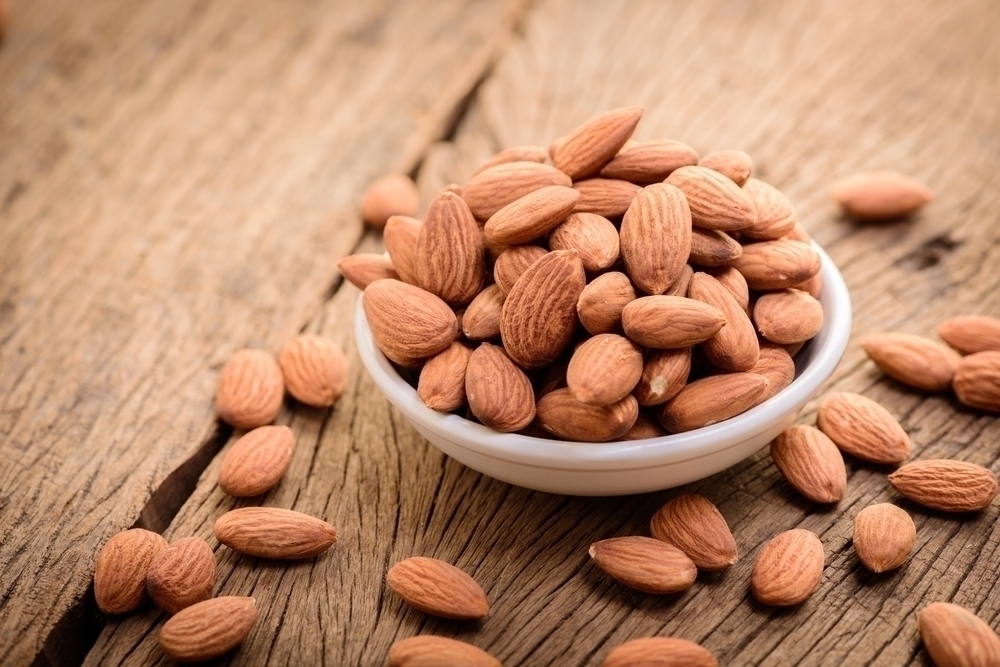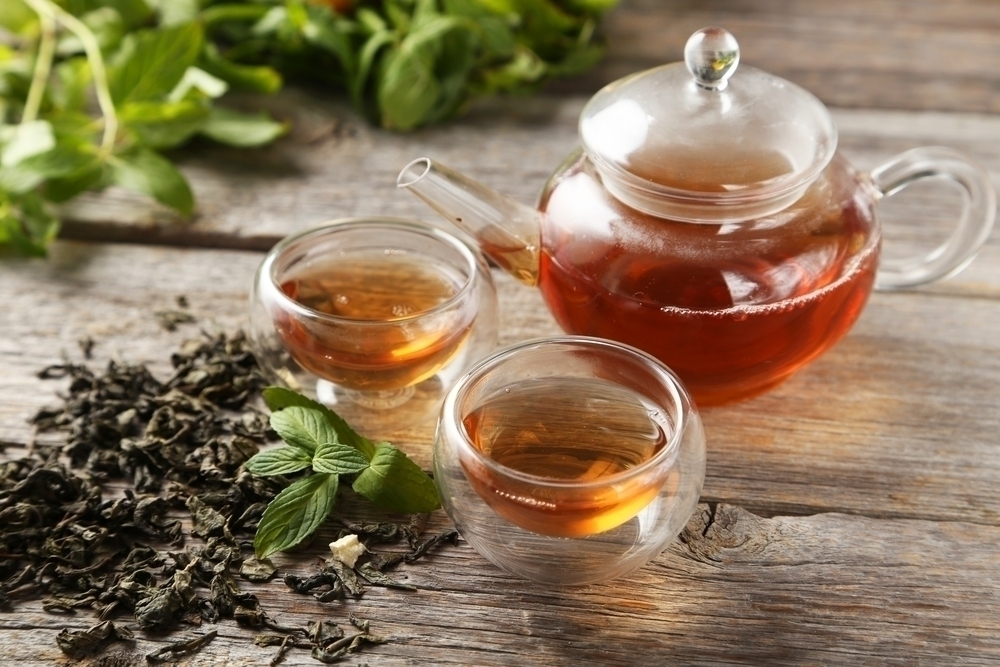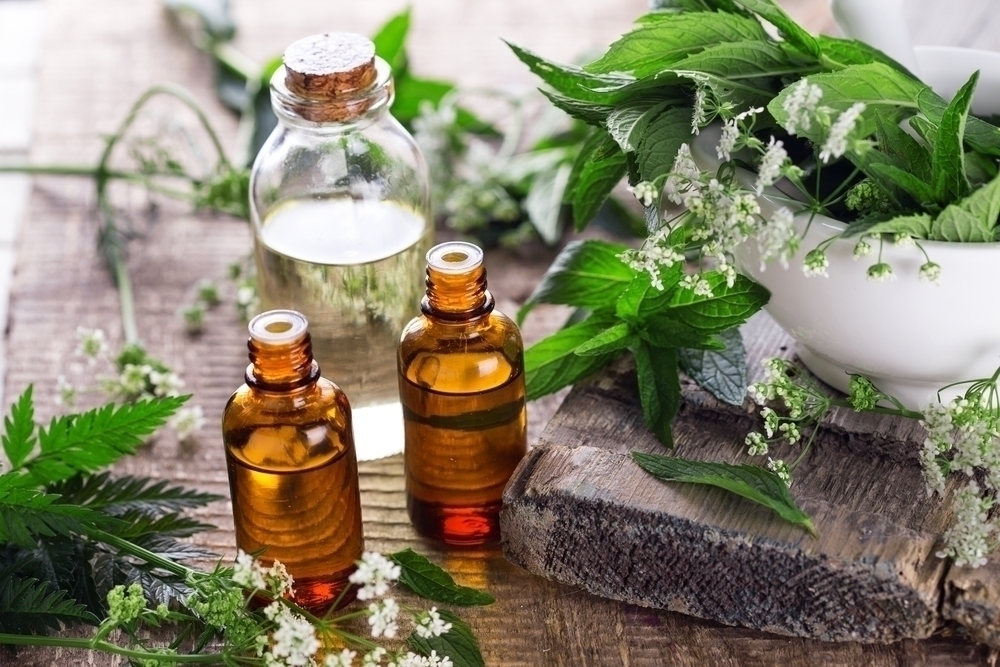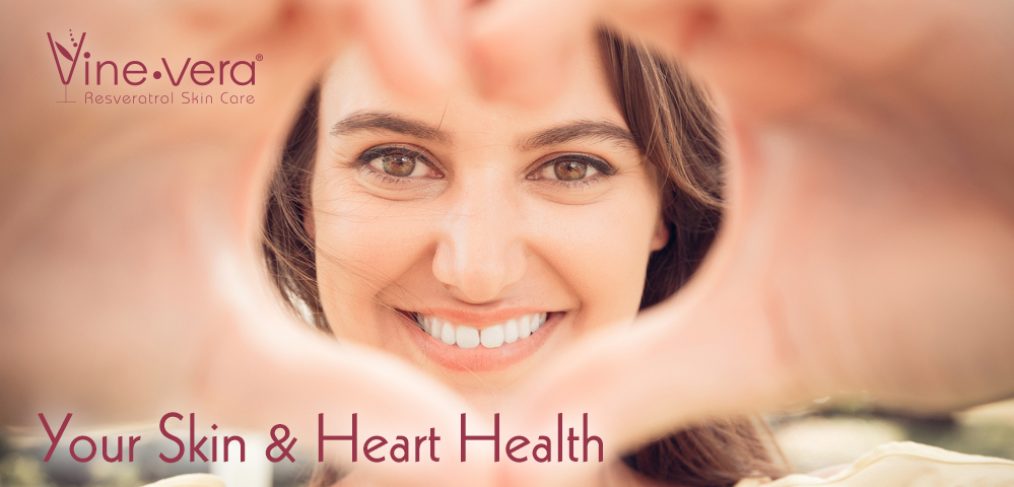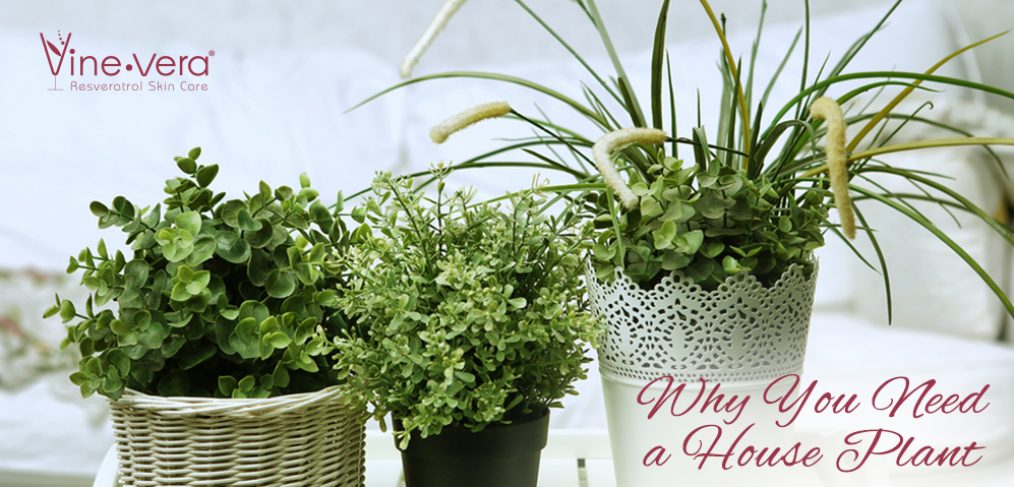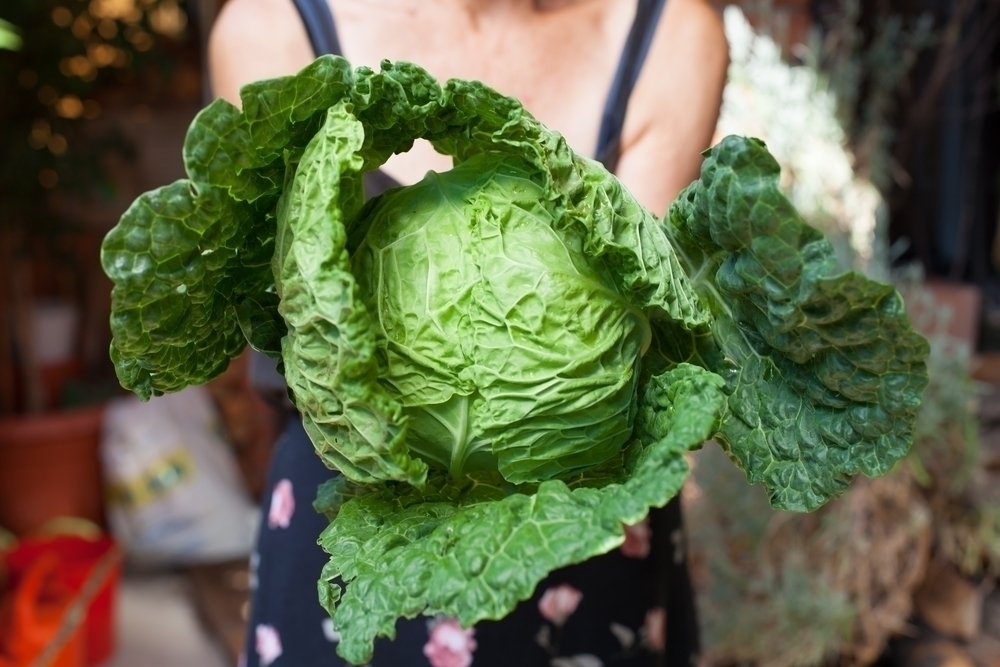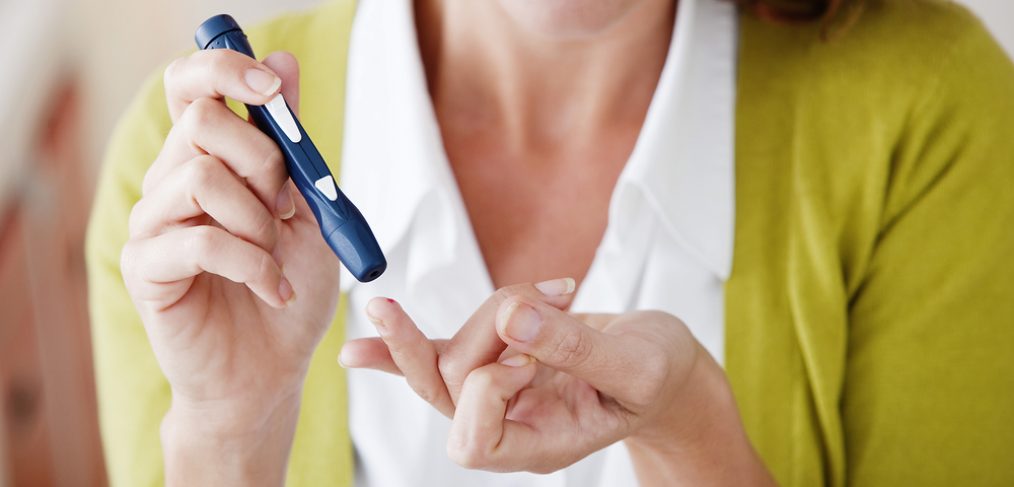You use them every day for everything, but when was the last time that you actually took the time to care for your hands? If it’s been a while, you may be surprised at what you find, and even more surprised at what those findings can indicate. Below, find out some common occurrences regarding the appearance of your hands and your health.
Flaky, Peeling Skin
Fingertips that suddenly begin to peel or become flaky are often an indication of a vitamin B deficiency. Two B vitamins that are important for the health of your skin are biotin, B7, and niacin B3. You can up the amount of niacin and biotin by eating foods like fish, peanuts, avocados and mushrooms, and you can also add a supplement to your diet. “Taking a biotin supplement helps to promote healthy skin and nail growth; niacin helps protect and repair skin by preventing the formation of melanin, boosting collagen growth, and improving your skin’s natural moisture barrier,” says David Bank, M.D, assistant clinical professor of dermatology at New York City’s New York-Presbyterian/Columbia.
Discoloration Under Your Nail
If you notice a black or brown streak under your nail, seek medical attention immediately. According to David J. Leffell, M.D., Chief Section of Dermatologic Surgery and Cutaneous Oncology at Yale University School of Medicine a black or brown streak under the nail can be a sign of acral melanoma, a rare skin cancer that often occurs in people with darker skin tones. Although this nail discoloration may be an early sign of melanoma, this type of cancer only accounts for about one to three percent of all cases of melanoma.
Pale, White or Blue Fingertips
Fingertips that change in color from blue to white to red could be an indication of Raynaud’s syndrome. According to Bank, “this condition causes coldness of the fingers and toes and can be accompanied by pain, numbness and tingling.” Experts believe that Raynaud’s syndrome is caused by spasms of the blood vessels that narrow them and lead to decreased circulation. You may also notice that your ears or nose go numb when temperatures drop or when you are put under a significant amount of stress.

Dry, Itchy Skin
Your hands are frequently dried out because they are in constant use. “Repeated hand washing, which can dry your hands, and then touching paper and other harsh material all day long, will doubly dry them out,” warns Bank. However, if your skin seems to remain dry and itchy or if you have rashes, you may have eczema. Check with your doctor to determine whether or not your skin is just dry or if you have eczema. Bank says to apply products containing vitamins A and E to your hands and cuticles at night. “Because we don’t wash our hands while we sleep, these products will have a good amount of time to penetrate into your skin,” says Bank.
Pale, White Nail Beds
Not to be confused with pale or white fingertips that may be a symptom of Raynaud’s syndrome, pale or white nail beds can be a sign that you are anemic. Anemia means that your body is not making enough healthy red blood cells, which are responsible for carrying adequate oxygen to your tissues. Generally, the treatment for anemia is quite simple and involves iron supplementation, but you should confirm this diagnosis with a doctor before taking additional iron.
It is useful to check your own body, if you find any of these signs or symptoms on your hands or nails, contact a medical professional. Paying attention to your body helps you to remain healthy and informed, and don’t forget to give your hands a little extra TLC every so often.



